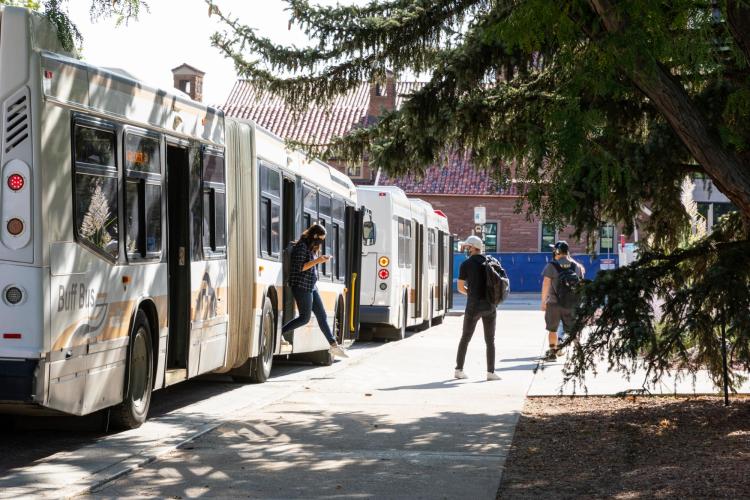Creating sustainable habits
If you’re looking to create a sustainable lifestyle, it can help to start with making small changes. Like anything else you want to achieve or become, starting small can help you build a set of habits gradually, rather than attempting one quick overhaul. Here are a few ways to get started with building sustainable habits.
 Start where you are
Start where you are

While you may have good intentions, making a drastic resolution can be challenging to keep.
Start by focusing on one habit at a time.Get specific about where you are, where you want to go and the doable steps to get from here to there. For example, you could make a habit of bringing reusable grocery bags to the store by storing your bags near your door.
Here are a few other example habit goals:
- Celebrate Meatless Mondays for a year
- Carry reusable items like water bottles and food containers
- Commute by bus or bike
- Trying a new plant-based alternative on every other trip to the grocery store
- Bundle your online orders
- Participate in educational events and leadership programs at the CU Environmental Center
Much like learning a new skill, creating or changing a habit takes energy. But one sustained change will end up adding up to a big difference. Consider taking the Sustainable Buffs pledge as a place to start and set your intention.
Use keystone habits
According to Charles Duhigg, author of The Power of Habit, a habit is a cognitive 'loop' that is kicked off with a trigger. After you put on your socks, you probably put on your shoes without thinking twice.
Keystone habits, he also describes, are particularly strong habits that can be used to form a “habit chain.” If you always brush your teeth before bed, remind yourself to turn down the thermostat every night after that and it will more easily become an automatic habit.
Set your environment
Setting up your environment to encourage your new habit is setting yourself up for success. Whatever habit you want to start with, think about the changes you can make to your environment to help you.
Want to start recycling or reducing food waste consistently at home? Put a dedicated recycling bin next to your trash can and make use of your leftover meals.
This also applies to your social environment. Talk with your roommates or household members about the habits you are working to adopt so they can help support you. You can also consider joining the Sustainable Buffs community to meet like-minded people and learn more about building sustainable habits.
Plan to overcome setbacks
While planning to struggle may seem counterintuitive when setting a goal, research has shown that expecting to be challenged and having an ‘if-then’ plan in place can lead to success. If your goal is to eat vegetarian, make a plan for what you will do if someone serves you bacon at brunch.
If you slip up in a way you hadn’t planned, use it as an opportunity to troubleshoot your strategy. Maybe you can make another change in your environment or you need better tools, and recommit yourself to the habit.
Give it time
One influential study showed it takes an average of 66 days for a new habit to become automatic. Keep in mind that is an average and it could take longer, depending on the habit or the person. Plan to put in at least that amount of time and energy into consciously choosing the new habit. Stick with it. It will pay off when the habit and its rewards become automatic and you don't have to think about it again.
If you’re looking for more ideas for where to start on your one-step-at-a-time path to a sustainable lifestyle, check out and sign the Sustainable Buffs Checklist.

